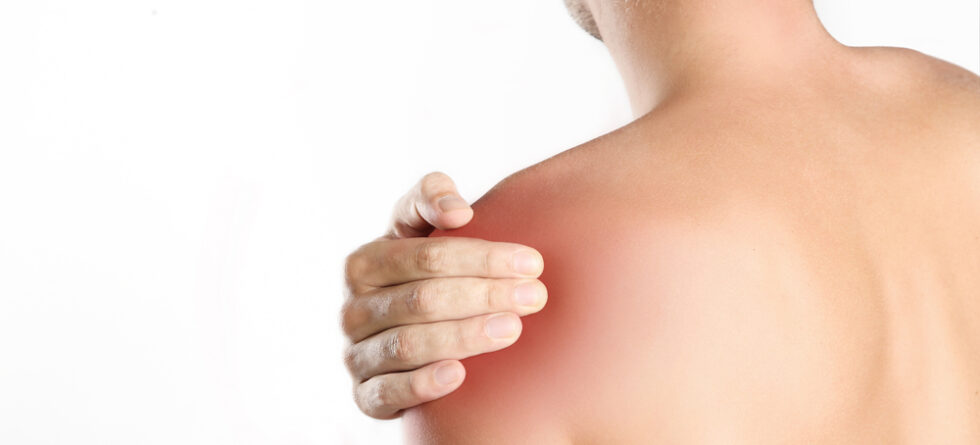Rotator cuff injuries are a common concern, especially among athletes and individuals engaging in repetitive overhead activities. These injuries can range from mild strains to complete tears, affecting your ability to perform daily tasks and engage in physical activities. A common question is whether a rotator cuff injury can heal on its own. Let’s delve into the complexities of rotator cuff healing, the factors that influence recovery, and how to support the healing process.
Understanding Rotator Cuff Injuries
The rotator cuff is a group of muscles and tendons that stabilize the shoulder joint, allowing for a wide range of arm movements. Injuries can occur due to acute trauma, overuse, or gradual wear and tear over time. The severity of these injuries can vary significantly…
- Mild Strains – Minor damage to the rotator cuff muscles or tendons.
- Partial Tears – Some fibers of the muscle or tendon are torn but not completely severed.
- Complete Tears – The tendon is completely detached from the bone.
Healing Potential of Rotator Cuff Injuries
Mild Strains and Partial Tears
- Self-Healing – Mild strains and some partial tears can heal on their own, given time and proper care. The body’s natural healing process can repair the damage, but this often requires weeks to months, depending on the injury’s severity.
- Supportive Measures – Rest, ice, gentle stretching, and strengthening exercises can support the healing process. Non-steroidal anti-inflammatory drugs (NSAIDs) may also be recommended to manage pain and reduce inflammation.
Complete Tears
- Surgical Intervention – Complete tears often require surgical repair, especially if the injury significantly impacts daily activities or the individual is an athlete wishing to return to their sport.
- Non-Surgical Approaches – In some cases, particularly for less active individuals or where surgery poses significant risks, a conservative approach involving physical therapy and pain management may be adopted. This won’t “heal” the tear but can help manage symptoms and improve shoulder function.
Factors Influencing Healing
Several factors can affect the healing of a rotator cuff injury.
- Age – Older individuals tend to have slower healing rates and a higher risk of complications.
- Activity Level – Continued strain on the shoulder can impede healing, while proper rest and gradual reintroduction to activity can support recovery.
- Health Status – Overall health and the presence of conditions like diabetes can influence recovery.
- Severity of Injury – More severe injuries require more time to heal and often need medical intervention to achieve optimal recovery.
Supporting the Healing Process
To support the healing of a rotator cuff injury, consider the following…
- Rest and Modify Activities – Avoid activities that exacerbate the pain or could further injure the shoulder.
- Physical Therapy – Engaging in a structured physical therapy program can strengthen the shoulder, improve flexibility, and support the healing process.
- Proper Nutrition – A healthy diet rich in vitamins and minerals can support tissue repair and overall health.
Conclusion
While mild rotator cuff injuries can often heal on their own with appropriate care and rest, more severe injuries may require medical intervention. Understanding the nature of your injury, adopting supportive measures, and consulting with healthcare professionals are crucial steps toward recovery. Whether through self-care or surgical repair, the goal is to restore function, minimize pain, and prevent future injuries, ensuring a return to daily activities and physical pursuits.




